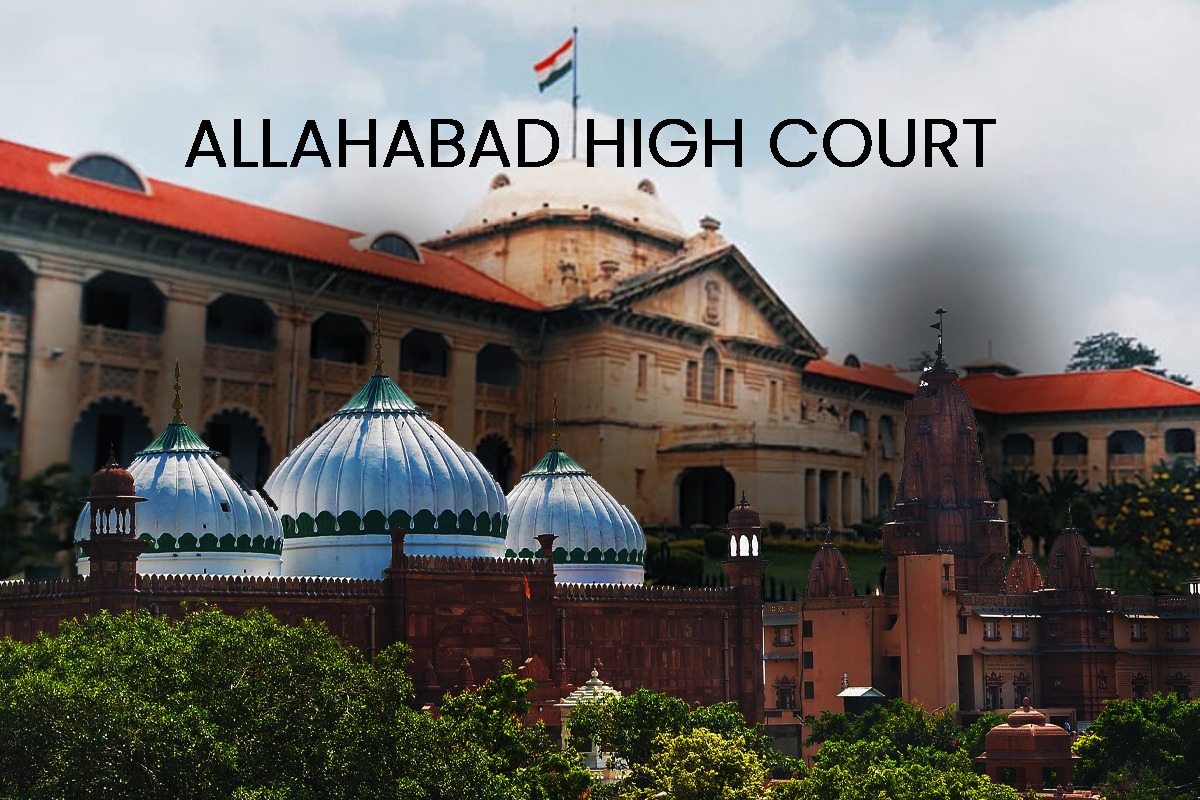The Supreme Court’s decision to allow a primary survey of the Shahi Idgah complex near the Shri Krishna Janmabhoomi Temple in Mathura has reignited the debate over the disputed religious sites in India. The survey, ordered by the Allahabad High Court on December 14, is aimed at verifying the claims of a Hindu group that seeks the removal of the 17th-century mosque and the restoration of a temple at the site.
The site is of immense importance to the Hindus, who believe that it is the birthplace of Lord Krishna, one of the most revered deities in Hinduism. According to the Hindu groups, the original temple was demolished by the Mughal emperor Aurangzeb and replaced by the mosque in 1669. The Muslim side, however, denies any such destruction and asserts that the mosque was built on vacant land.
The survey is not a final verdict on the ownership of the land, but a preliminary step to ascertain the facts on the ground. The Supreme Court has clarified that the survey will not affect the status quo of the site and that the parties should cooperate with the court-appointed team of advocate commissioners. The survey is expected to be completed within three months and the report will be submitted to the Allahabad High Court for further proceedings.
Also Read: Rajasthan: Bhajan Lal Sharma sworn in as new CM on his birthday
The survey comes at a time when the ruling Bharatiya Janata Party (BJP) is gearing up for the crucial assembly elections in Uttar Pradesh, where Mathura is located. The BJP, which has championed the cause of building a Ram temple at the disputed site in Ayodhya, another flashpoint of Hindu-Muslim conflict, may use the survey as a political tool to mobilize its Hindu vote bank. The opposition parties, on the other hand, may accuse the BJP of stoking communal tensions and polarizing the electorate.
The survey is a legal process that should be respected by all the stakeholders and the public. It should not be seen as a victory or a defeat for any community but as an opportunity to resolve a long-standing dispute through peaceful and constitutional means. The survey should also not be allowed to overshadow the larger issues of development, governance, and welfare that affect the people of Uttar Pradesh and the country. The survey should be a test of Hindu-Muslim harmony, not a trigger for violence and hatred.

